#Vadim Yusov
Explore tagged Tumblr posts
Text
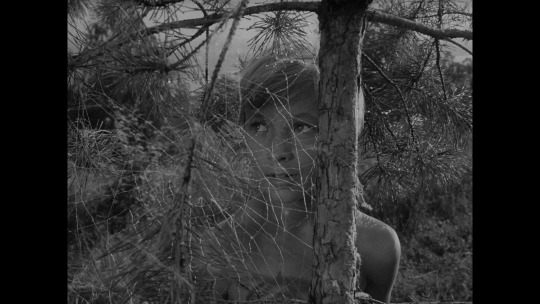
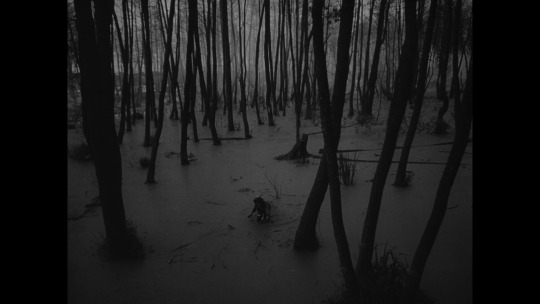


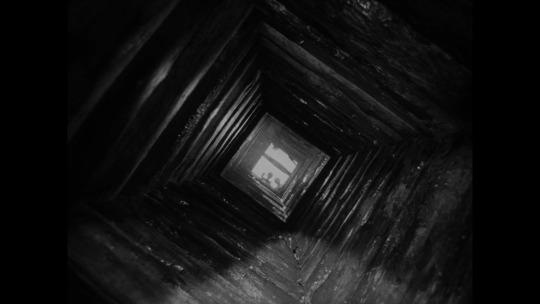
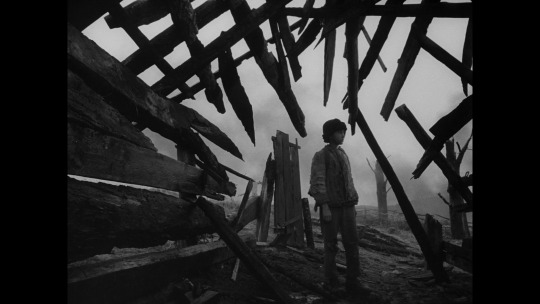
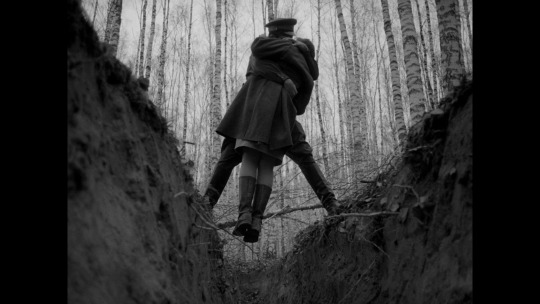
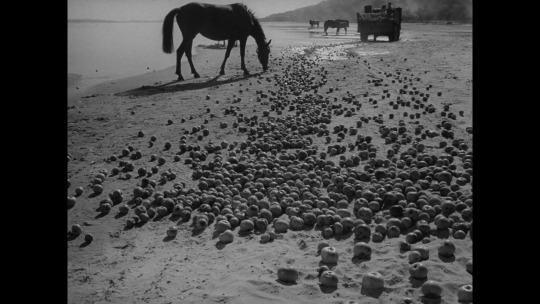
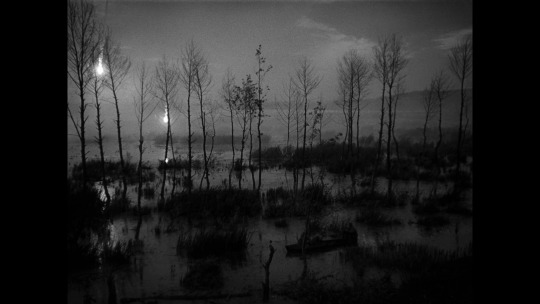

Ivan's Childhood (1962) (Ivanovo detstvo)
Country: Soviet Union
Directed by: Andrei Tarkovsky
Cinematography by: Vadim Yusov
#Ivan's Childhood#Ivanovo Detstvo#Soviet Union#Andrei Tarkovsky#Vadim Yusov#Arthouse#War#Antiwar#Drama#1960s
49 notes
·
View notes
Text
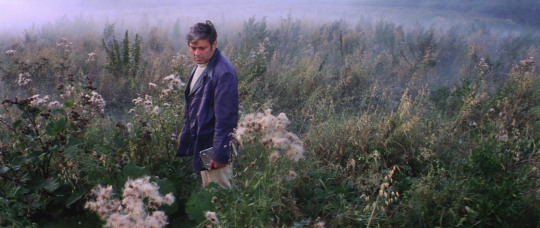

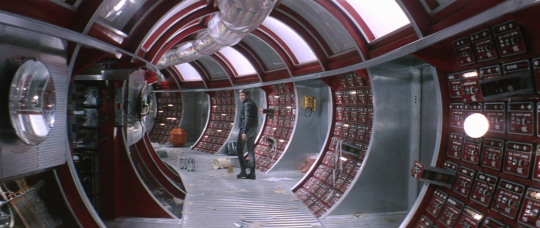

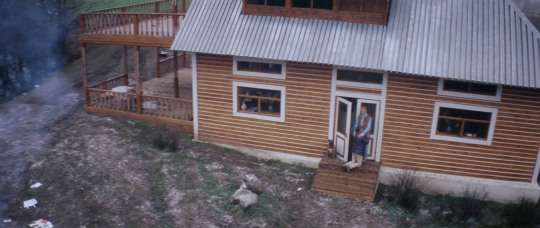
Solaris (1972)
Director: Andrei Tarkovsky Cinematography: Vadim Yusov Production Design: Mikhail Romadin
#cinematography#film stills#visual storytelling#solaris#solaris 1972#andrei tarkovsky#scifi#science fiction#70s scifi#70s cinema#russian cinema#soviet cinema#russian scifi#soviet scifi
520 notes
·
View notes
Text










"Humanity has already committed every stupidity and baseness, and now it only repeats them."
Андрей Рублёв (Andrei Rublev), 1966.
Dir. Andrei Tarkovsky | Writ. Andrei Konchalovsky & Andrei Tarkovsky | DOP Vadim Yusov
#andrei rublev#andrei tarkovsky#soviet film#period drama#history epic#art history#biographical drama#1960s#10 frames#fun fact: the image of the burning cross was numbered 666 by vlc player.
36 notes
·
View notes
Text
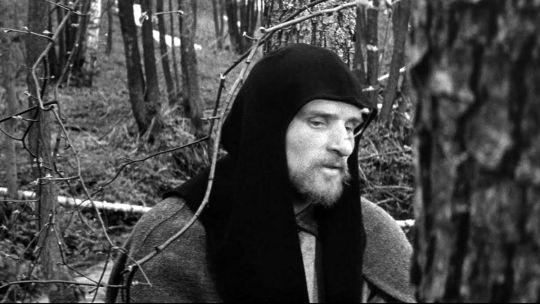
Anatoliy Solonitsyn in Andrei Rublev (Andrei Tarkovsky, 1966)
Cast: Anatoliy Solonitsyn, Nikolay Grinko, Nikolay Sergeyev, Nikolay Burlyaev, Ivan Lapikov, Irma Raush, Yuriy Nazarov, Yuriy Nikilin, Rolan Bykov, Mikhail Kononov. Screenplay: Andrey Konchalovskiy, Andrei Tarkovsky. Cinematography: Vadim Yusov. Production design: Evgeniy Chernyaev. Film editing: Tatyana Egorycheva, Lyudmila Feyginova, Olga Shevkunenko. Music: Vyacheslav Ovchinnikov.
Has any filmmaker ever made more eloquent use of the widescreen format than Andrei Tarkovsky does in Andrei Rublev? It was a process developed by Hollywood to help win its war with television -- bigger naturally assumed to be better. In Hollywood, it usually went hand-in-hand with color, and although the various widescreen processes -- Cinerama, Cinemascope, VistaVision, etc. -- were used in black-and-white films, they often feel out of place today. A case in point: The Diary of Anne Frank (George Stevens, 1959), which won an Oscar for the cinematography of William C. Mellor, but which seems to cry out for a format less expansive than CinemaScope, in which the Frank family's attic loses its cramped and confined essence. Andrei Rublev was filmed in a process called Sovscope, which like CinemaScope used anamorphic lenses to produce a 2.35:1 aspect ratio. Tarkovsky and cinematographer Vadim Yusov artfully work with the expanse of the screen, not shying away from closeups but also doing extraordinary movement with the camera. One of the earliest scenes takes place in the barn in which Rublev and his fellow artist-monks take shelter from the rain. We are given an astonishing 360-degree pan inside the barn, circling from the monks to the other denizens of the shelter and back to the monks, a study in faces that establishes one of the film's major subjects: the nature of Russian humanity, which also becomes an abiding concern of Rublev's. (I think there's a witty acknowledgment of the nature of widescreen in that the peep-hole cut into the wall of the bar seems to have the same aspect ratio as the film.) And in the concluding sequence, there is a magnificent pan from the gates of the walled city of Vladimir below and the emerging procession up to the structure that holds the newly cast bell, where Boriska (Nikolay Burlyaev) waits anxiously. Andrei Rublev is one of those films I can't help rewatching; even though (or perhaps because) it's slow and challenging, it more than repays frequent viewings. Tarkovsky is not a director to be taken lightly, and the moment you begin to be lulled by the magnificence of Yusov's cinematography or Vyacheslav Ovchinnikov's score, the director is likely to shock you with images of cruelty and brutality but also of beauty that make you sit upright. A "trigger warning" might be especially needed for lovers of animals, given the harshness with which they are occasionally treated: There is a scene with a cow on fire that will likely haunt me for a long time.* But all the unpleasantness in the film is in service of a story about the persistence of the Russian people and the transcendence of art. Anatoliy Solonitsyn, who plays Rublev, looks a bit like Viggo Mortensen, and recalls for me the tormented masculinity you find in some of Mortensen's performances. Another standout performance is given by Tarkovsky's wife, billed as Irma Raush, as the "holy fool" Durochka, whom Rublev saves from a massacre by the Tatars by killing the assailant -- leading Rublev to atone by giving up his painting and taking a vow of silence. The last section of the film is given over to young Boriska, played by Nikolay Burlyaev, the astonishing Ivan in Tarkovsky's Ivan's Childhood (1962), who takes on the task of casting a church bell despite the suggestion that he will be murdered by the tyrannical Grand Duke (Yuriy Nazarov) if he fails. Although the film is in black-and-white, it concludes with a breathtaking color sequence in which Rublev's paintings are shown in close-up. To my mind, this final ecstatic survey of Rublev's work is the only section in which Tarkovsky is thwarted by the widescreen process: Rublev's paintings had an aspiring verticality that is at odds with the dimensions of the screen.
*The scene, I learned, on a recent re-viewing of the film, doesn't exist in all versions. In addition to versions made by Soviet censors, Tarkovsky himself made two: His original version ran 205 minutes, but he also made a "final cut" that runs 183 minutes.
2 notes
·
View notes
Text



#ProyeccionDeVida
🎥 MosFilm 100, presenta:
🎬 “LA INFANCIA DE IVÁN” [Ivanovo detstvo / Ivan's Childhood]

🔎 Género: Drama / Bélico / II Guerra Mundial / Espionaje / Infancia / Nazismo
⌛️ Duración: 95 minutos
✍️ Guión: Vladimir Bogomolov y Mikhail Papava

🎵Música: Vyacheslav Ovchinnikov
📷 Fotografía: Vadim Yusov
🗯 Argumento: Segunda Guerra Mundial (1939-1945) Frente Oriental; Iván, un niño ruso de doce años, cuyos padres murieron durante la invasión nazi, trabaja espiando a los alemanes.

👥 Reparto: Valentin Zubkov (Kholin), Nikolái Burliáyev (Ivan), Andréi Konchalovski (Soldado con anteojos), Nikolai Grinko (Gryaznov), Irma Raush (Madre de Ivan), Yevgeny Zharikov (Galtsev), Stepan Krylov (Katasonov), Valentina Malyavina (Masha) y Dmitri Milyutenko (Anciano).
📢 Dirección: Andrei Tarkovsky

© Productora: Mosfilm
🌎 País: Unión Soviética (URSS)
📅 Año: 1962

📽 Proyección:
📆 Martes 10 de Setiembre
🕖 7:00pm.
🏪 Cine Club de la Universidad de Ciencias y Humanidades (av. Bolivia 537 - Breña)
🚶♀️🚶♂️ Ingreso libre con DNI.
0 notes
Video
youtube
Solaris | SCIENCE FICTION | FULL MOVIE | directed by Tarkovsky
The Solaris mission has established a base on a planet that appears to host some kind of intelligence, but the details are hazy and very secret. After the mysterious demise of one of the three scientists on the base, the main character is sent out to replace him. He finds the station run-down and the two remaining scientists cold and secretive. When he also encounters his wife who has been dead for ten years, he begins to appreciate the baffling nature of the alien intelligence... IMDb rating: 8,0 Year of production: 1972 Director: Andrey Tarkovsky Writers: Andrey Tarkovsky, Friedrich Gorenstein Composer: Artemyev Eduard Operator: Yusov Vadim Production Designer: Romadin Mikhail Starting: Cast: Grinko Nikolai, Dvorzhetsky Vladislav, Banionis Donatas, Solonitsyn Anatoly, Bondarchuk Natalia, Yarvet Yuri, Sargsyan Sos
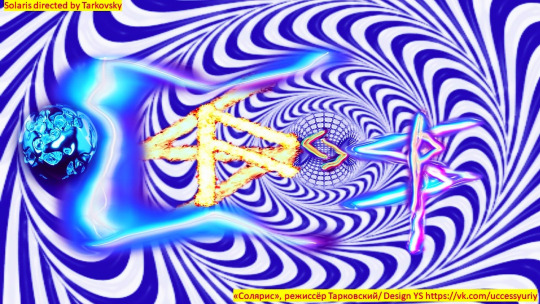
"Solaris" was inspired by the film and has similar abilities. The scope of application is limited only by your desires and not desires. Energy enters the area of your strongest desires, fills your thought forms and transfers it to the area of implementation. Keep track of your vision for your future. Make a diagnosis of your ability to believe that this time everything will work out for you in the most real, magical way. Do any ritual that allows your subconscious to pay attention to this and indicate increased significance. Meditate on the “picture”, listen to music that will help you disconnect from everyday life and bustle. Print it in color, frame it and place an area of your space in your apartment. Keep a diary of your path to your dream (your book about your magic, maybe this is the best). Don’t forget to thank everyone who provides you with all possible help and sympathy along this path. Magic is a way of thinking translated only through your efforts in your own life. The main thing is to believe and commit. Good luck, Yuri. I am attaching a film and an audio performance based on this work by S. Lem, it’s worth watching at least once to understand the meaning of your future actions... The main runes in the “picture” are written down, there are a few more secondary runes and the arrangement itself carries a lot of energy, the main thing is to feel it.
0 notes
Text
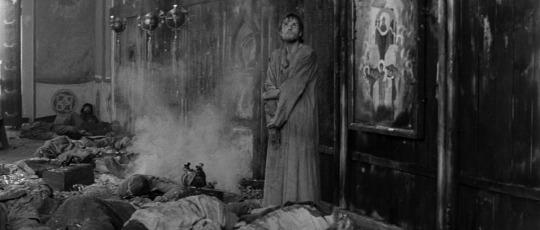



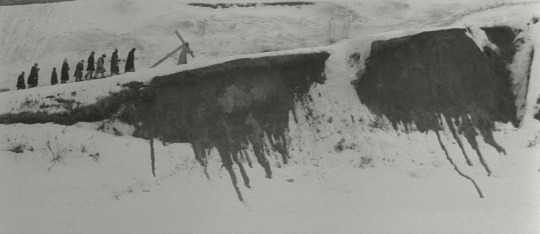
Andrei Rublev (1966)
Directed by Andrei Tarkovsky
Cinematography by Vadim Yusov
#modern art#art#art history#film photography#film#cult film#movie#classic film#artists on tumblr#beautiful photography#black and white#aesthetic#andrei tarkovsky#andrej tarkovskij#andréi tarkovski#tarkovsky#andrei rublev#vadim yusov#artwork#photography#beautiful photos#photographer#dop#films#movies#soviet film#soviet cinema#soviet art#soviet#russian film
145 notes
·
View notes
Text

Ivans Childhood (1962) was photographed by Vadim Yusov. Vadim was born in Leningrad and has 24 cinematography credits from 1956 to 2010. His other notable credits include Andrei Rublev and Solaris.
3 notes
·
View notes
Video
tumblr
Ivan’s Childhood (1962)
Director: Andrei Tarkovsky
Cinematographer: Vadim Yusov
26 notes
·
View notes
Text
"I am what I am. You couldn't teach me integrity."
Andrei Tarkovsky's 'Andrey Rublev / Andrei Rublev'.(1969)
Cinematography by Vadim Yusov.

30 notes
·
View notes
Photo

#Andrei Tarkovsky#Andrei Rublev#Andriej Rublow#tarkowski#1966#period drama#biopic#historical drama#Andrei Konchalovsky#Vadim Yusov#mosfilm#Андрей Рублёв#Andrey Rublyóv#bonfire#forrest#black and white#masterpiece
13 notes
·
View notes
Photo










Solaris (1972) (Solyaris)
Country: Soviet Union
Directed by: Andrei Tarkovsky
Cinematography by: Vadim Yusov
#Solaris#Solyaris#Soviet Union#Andrei Tarkovsky#Vadim Yusov#Mystery#Sci-Fi#Drama#Arthouse#Avant-Garde#Existential#Existential Drama#1970s#Janus Films#The Criterion Collection
6 notes
·
View notes
Text



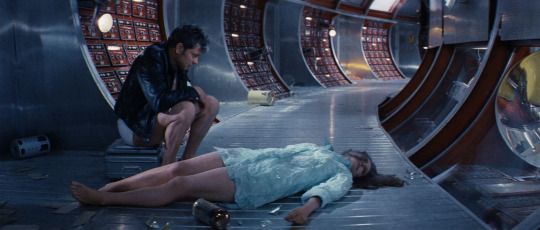

Solaris (1972)
Director: Andrei Tarkovsky Cinematography: Vadim Yusov Production Design: Mikhail Romadin
#cinematography#film stills#visual storytelling#solaris#solaris 1972#andrei tarkovsky#scifi#science fiction#70s scifi#70s cinema#russian cinema#soviet cinema#russian scifi#soviet scifi#sci-fi#70s science fiction#soviet sci fi#heady scifi
188 notes
·
View notes
Text










Ива́ново де́тство (Ivanovo Detstvo / Ivan's Childhood), 1962.
Dir. Andrei Tarkovsky | Writ. Vladimir Bogomolov, Andrei Konchalovsky, Mikhail Papava & Andrei Tarkovsky | DOP Vadim Yusov
11 notes
·
View notes
Text










Ivan's Childhood (1962)
Director - Andrei Tarkovsky, Cinematography - Vadim Yusov
"Mamma, there's a cuckoo up there!"
#scenesandscreens#Ivan's Childhood#Andrei Konchalovskiy#Irma Raush#Valentina Malyavina#Dmitri Milyutenko#Nikolai Burlyaev#Valentin Zubkov#Evgeny Zharikov#Stepan Krylov#Nikolai Grinko#andrei tarkovsky#Vadim Yusov
261 notes
·
View notes
Photo







14 notes
·
View notes